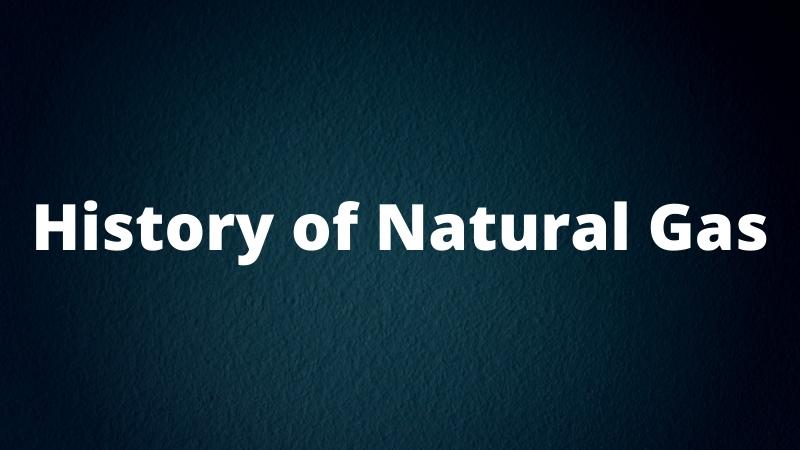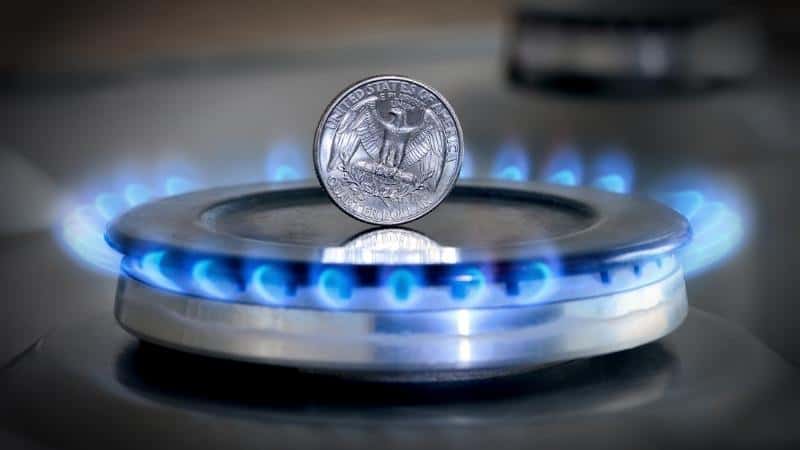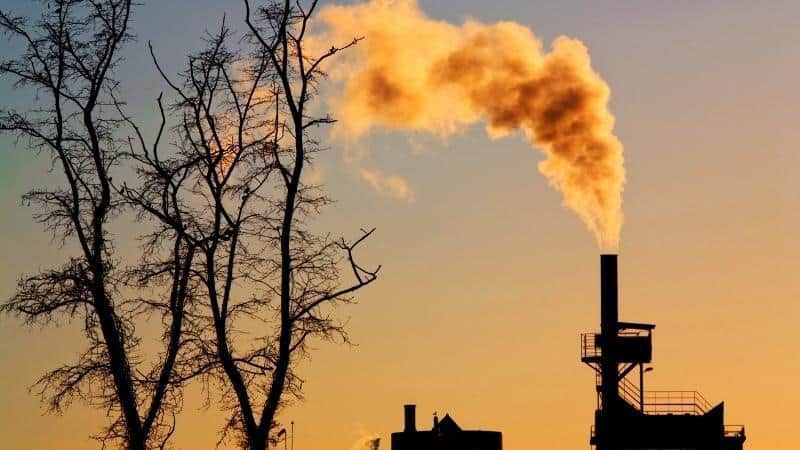Contents
Most of us know what fossil fuels are but let us go through them at the start. Fossil fuels are those which are derived from the remnants of living organisms such as animals or plants which have been dead for thousands or even millions of years. They are formed geologically, i.e., through various environmental processes and treatments such as rain, wind, sunlight, etc. However, the initiation of the formation of fossil fuels occurs by the biological process of decomposition, a strong reason why fossil fuels can never be made from an alive organism or a non-living matter.
The Earth has formed various forms of fossil fuels so they have been categorized into four main types to help diversify them—petroleum, coal, Orimulsion, and natural gas. Let us move our attention to one of them, precisely, the natural gas.
What is Natural Gas?
In the words of chemistry, natural gas is primarily a hydrocarbon and consists of methane and ethane. Due to methane being almost 95% in its composition, natural gas is a colorless gas and is also known as natural methane gas. Natural gases are brothers to crude oil which is a form of petroleum and therefore, even being a gas in nature, they are often considered or at least, closely associated with petroleum. Like most other fossil fuels, natural gases are extremely flammable.

History of Natural Gas
The past says that the first time when natural gas was first discovered, was during 6,000 BC or less and the probable place was Iran. These kinds of discoveries are mostly accidental and for natural gas, it was no exception. Somewhere in the Middle East, the natural gas was seeping out, and somehow, presumably by lightning strikes, it was ignited. At that period, people sure knew how to ignite a fire themselves but an occasion where a fire is ignited by itself was a first. The Persians soon realized the source of this fire and began to use it as fuel for their ‘eternal fire’, religion in ancient Persia based on worshipping fire.
By around 200 BC, the news of natural gas reached China. The Chinese decided to acquire the natural gas for themselves from their soil through the method of extraction. They became the first known nation to drill a well for natural gas and soon there were more than 1,000 wells that had depths of almost 3,300 feet. Europeans were introduced to natural gas quite late but instead of performing extraction, they used carbonized coal to obtain natural gas. They called it ‘town gas’ because that’s when the streets and houses in the towns were first illuminated through this fuel.
Natural gas finally arrived in America through the north where, besides using it as a lighting material, it was beginning to be used for cooking. A new age was born after that.

What is natural gas used for?
The two main reasons why they are called fossil fuels are—gone, they are derived from the fossilized remains of dead plants and animals, and two, when they are burned, they can release a significant amount of energy that can even power a force of life. The irony here is that the expired form of life is helping in the creation of a brand-new organism and this cycle goes on.
People have found several uses of natural gas since lighting lamps and cooking foods. The nature of natural gas is perfect for both industrial and domestic uses and, even after finding effective substitutes for it, many places still consider using natural gas because of its flexibility and its widespread availability. And it can provide massive amounts of energy. Some of its major uses are given below—
1) Electricity generation- Such is the ability of natural gas that even electricity, a successor of natural gas, still has to rely on its predecessor in certain places. Electricity is paramount to maintaining the digital age that we are enjoying now and almost 40% of its generation is covered by natural gas. Generators such as steam turbines and gas turbines all utilize natural gas to produce electricity. And there is no doubt that we will continue using electricity, and even more than ever in the unforeseeable future, so the demand for natural gas will proportionally increase.
2) Heating mechanisms- Natural gas can heat things better than any other energy source, hence, it was, and still is, widely used for cooking purposes. But, after the introduction of heaters and gas furnaces, warming up the room during freezing winters became a very demandable feature to everyone. Most people use electric heaters but that’s the present; in the past, people used natural gas in gas heaters which were more effective than electric heaters and that’s the reason why some people use natural gas heaters even today.
3) Production & transportation- In the production industries, where revolutionary materials such as fertilizers, hydrogen, chemicals, etc. are produced, natural gas plays a massive role in them. More than 33% of the world’s production in industries is accounted for by natural gas. When it comes to the topic of transportation, many would argue electricity to be the top contributor but that’s because they do not know how much fossil fuels they use in this aspect. Even if natural gas is not the major source of energy in the transportation industry, it still accounts for more than 3%.
A world-concerning fact at the end—we are running out of fossil fuels. Once upon a time, we could say, “We have fossil fuels for another 1,000 years” but now it’s down to a couple of decades. We all know that fossil fuels are non-renewable resources, i.e., once they are used, they can never be reused. And they cannot be artificially made either. However, substitutes for many fossil fuels are being introduced that should be used more and more as energy sources. Only then fossil fuels such as natural gas can be saved.
